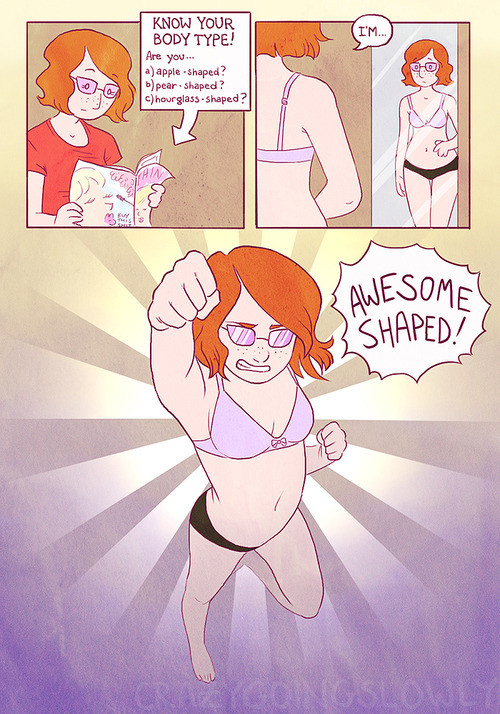@arkandel said in Character 'types':
- Is there a kind of personality you choose for your PCs? Do you mostly play military folks? Clever people? Seducers? Jokesters? Do you quip with most of your characters? Are they typically polite or rough around the edges?
Intelligence agents. Spies. Information brokers. Hackers. Quack doctors. People with an agenda they're playing close to the chest. People who aren't what they initially appear to be, who may be subject to misleading rumours and first impressions. Liars, rogues and investigative types. People with trust issues that go both ways: they don't trust people easily, and nobody trusts them.
Almost never anyone who seems like they could conceivably be someone important, fancy or respectable. The characters will be underestimated, never overestimated.
For me, a character is successful if it surprises people enough to make them ask questions.
- Do most of your characters fall within a certain range between 'good' and 'morally gray'?
Usually grey. I play morally-driven and amoral characters in equal measure, but on both sides they're always somewhat grey. Which in my view is just a matter of realism: no one's purely bad or purely good. They all have at least one thing they would sacrifice anything for, whether it's their lover, their friends, their government, their cause or their own skin. Even amoral characters have a sympathetic reason for why they are that way. (Maybe they lost a child, a loved one, or learned some hard lessons during their upbringing.) So I generally favour anti-villains and anti-heroes.
And for two more - this time controversial - bonus points!
- Do you judge others either for the types of PCs they usually play? As in, do you ever roll your eyes and go "pft, that @Arkandel rolled a snarky hipster in his early twenties again. Is that all he knows how to play?"
Yes.
I judge people who across the board always play pretty, perfect, wealthy people, with supermodel played-bys and so on.
I just find this style of wish-fulfilment RP kind of shallow, and rarely very engaging for anyone other than the person it's meant to serve, who is playing the character in question.
- And finally... do you judge others for the type of character they are playing and if so do you associate the player's views with the character? For example if someone played a Slaver on Shang, or a racist on a nWoD game.
Almost never.
However if there's a visible pattern there are times that I'll squint, for example if I've known this player for a good few years and I notice that all of their characters are white nationalists played by white blonde models, and their description always focuses on just how flawless their alabaster skin is; or if they're known for really getting their jollies from rape RP on a regular basis; or if they're a grown-ass 40 year-old playing (or fucking with) a series of sexualised teen/child characters.
One incident I'll handwave, especially if I wasn't privy to all the details. (Maybe they faded? Maybe they were making a pointed, thoughtful attempt at social criticism?) But when it's a pattern, especially an exclusive pattern (e.g., ALL of their characters are flawless-alabaster-porcelain-skinned white nationalists) then ... yeah. I'll squint. Especially if they make their political opinions OOCly known at a later/prior date.
I otherwise wouldn't care or judge someone for playing a slaver, a racist, a chauvinist or any other evil character, unless it seemed to align with their OOC behaviour. That's just their character. It's a story. Stories can have villains.



